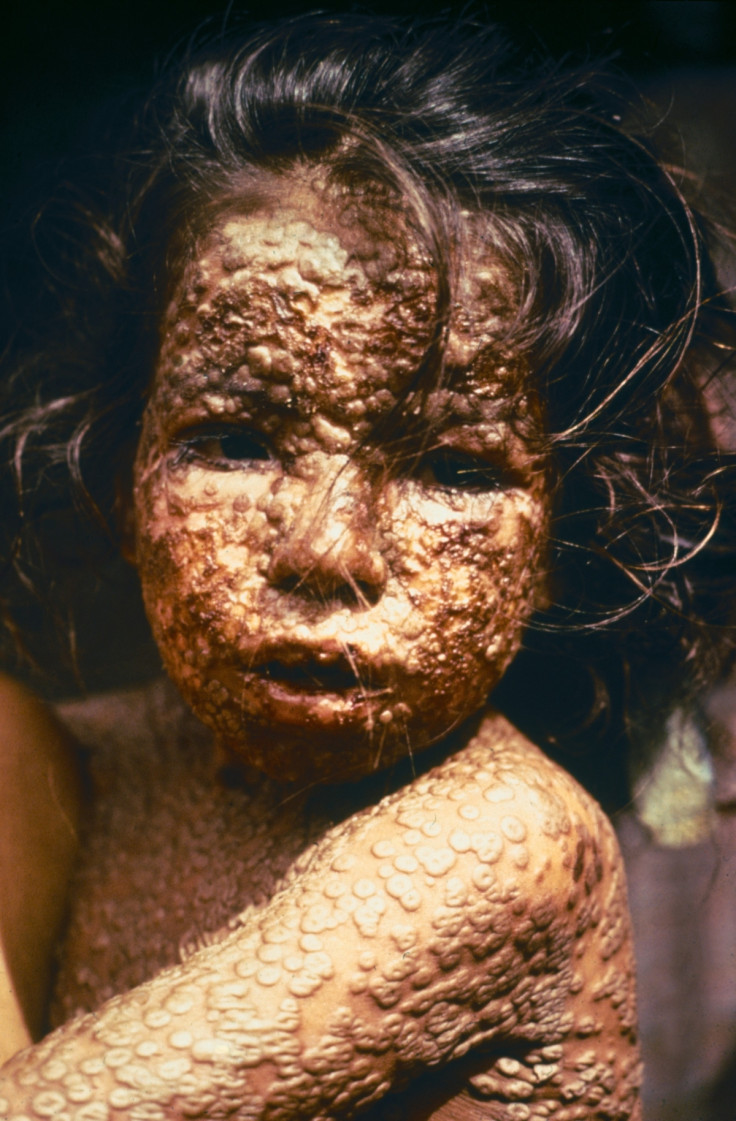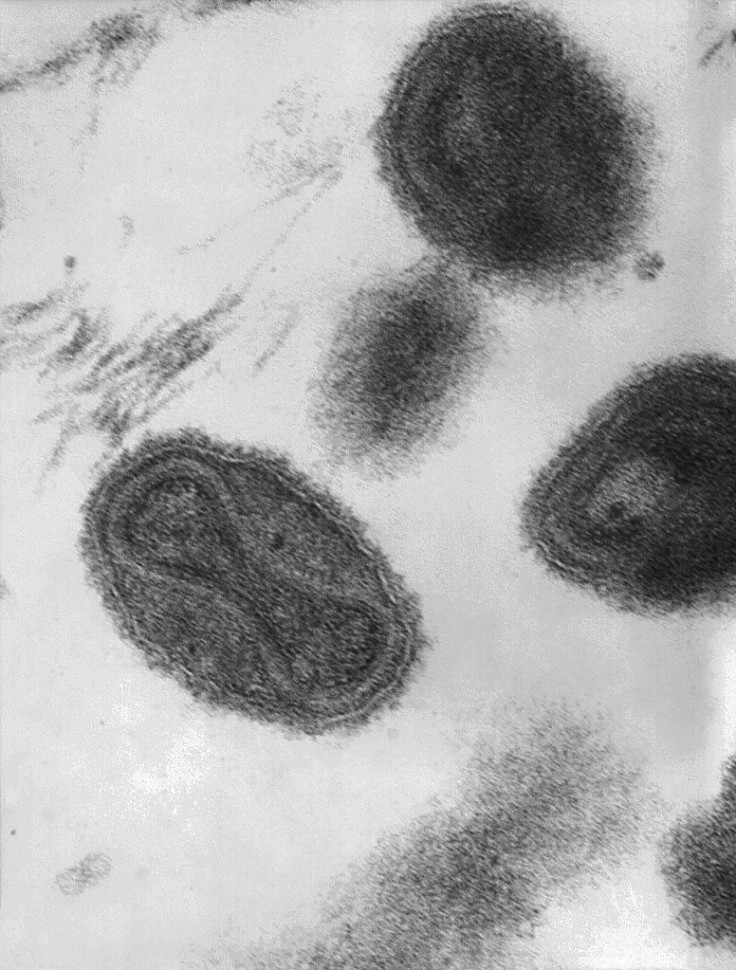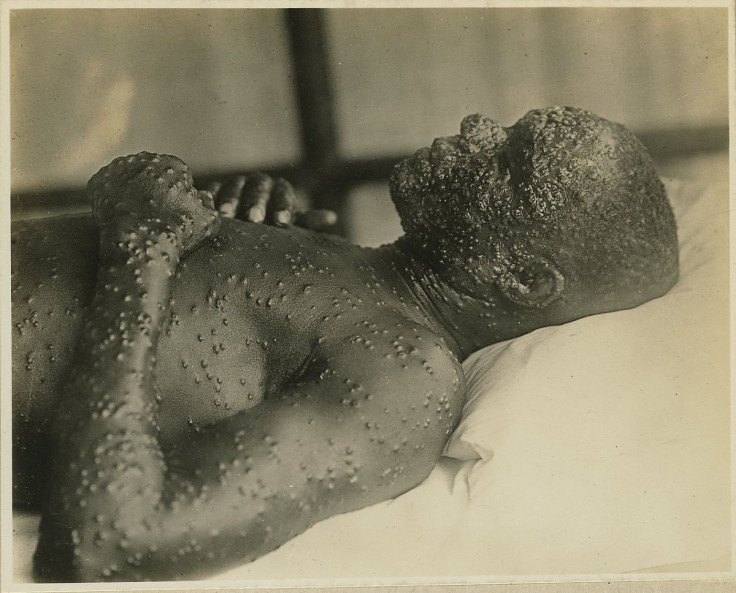Why are US and Russia Holding on to Last Stockpiles of World's Most Deadly Disease?

Russia and the US are holding on to its remaining stockpiles of smallpox, one of the world's most deadly diseases, because further tests should be conducted on it, researchers have said.
An opinion piece published in PLOS Pathogens says that the World Health Assembly, the governing body of the World Health Organisation, should not destroy the last known remaining strains of the virus.
Smallpox is estimated to have killed up to 500 million people in the 20<sup>th century. However, vaccination campaigns throughout the 19<sup>th and 20<sup>th centuries led to it being eradicated in 1979.
The disease caused raised fluid-filled blisters to form over the body and led to complications including limb deformities, scarring and blindness.
Whether or not to destroy the remaining stockpiles of the disease will be decided at an upcoming meeting of the WHA.

However, despite strong arguments for its destruction, scientists from the US Centres for Disease Control and Prevention say lots of questions remain unanswered about the disease, with public health goals unmet.
The smallpox virus is held at two high-security laboratories in Russia and the US.
Inger Damon, lead author of the piece, says the justification for keeping the samples was the risk that the virus might reappear if intentionally released.
The researchers say that over the last few decades, two promising drug candidates have been developed to treat smallpox, but neither has yet been licensed for use against the disease: "The research agenda with live variola virus is not yet finished," they wrote.

"Variola is unusual in that it is known to be a sole human pathogen, the viral and host factors responsible for this human-specific tropism remain essentially unknown to this day.
"Greater exploitation of current technologies may lead to additional therapeutic or diagnostic products to better respond to any future emergency situation resulting from a smallpox appearance."
They say that the destruction of the virus would not be meaningful and that further research is vital: "The original goals of the WHO agenda for newer and safer vaccines, fully licensed antiviral drugs, and better diagnostics have still not been fully met," they wrote.
However, their opinion remains challenged. "Let's destroy the virus and be done with it," said Donald Henderson, who led the WHO effort to destroy smallpox.
Lim Li Ching, from the Third World Network, which lobbies on behalf of developing countries, added: "We believe that the smallpox research program is effectively complete and the case for destruction is stronger than ever."
© Copyright IBTimes 2025. All rights reserved.






















